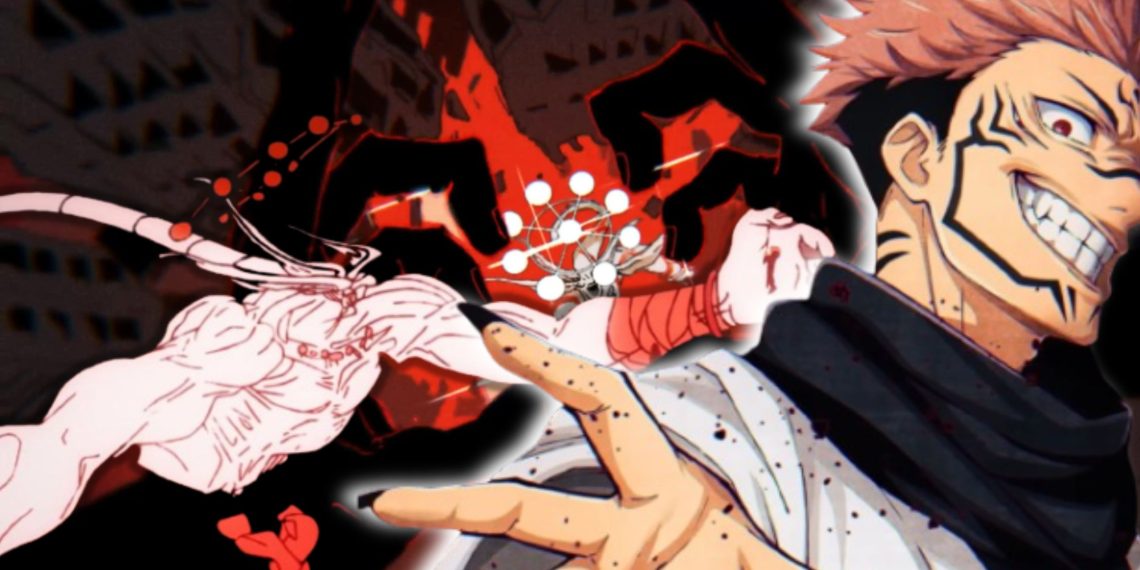The global popularity of Jujutsu Kaisen is undeniable. Since its debut, the manga has attracted millions of readers with its intricate plot, compelling characters, and unique blend of horror and action.
Despite its massive success, the official English translation of Jujutsu Kaisen has frequently come under fire from fans for a series of translation errors, some of which have had a significant impact on the narrative’s clarity.
Among these, one of the most persistent and frustrating mistakes for readers has been the repeated confusion between “Mahoraga” and “Malevolent Shrine,” two terms with vastly different meanings within the Jujutsu Kaisen universe.
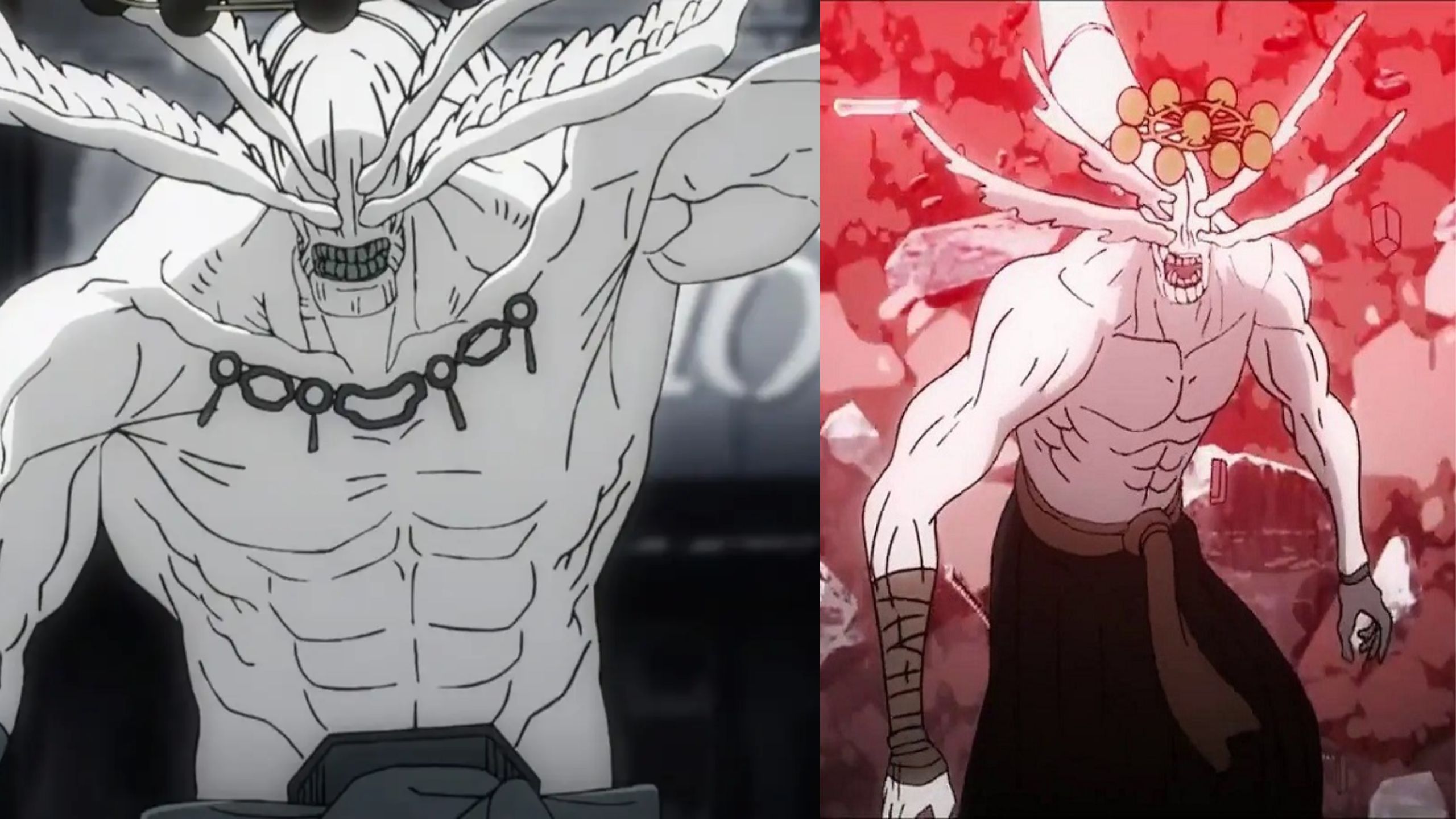
The latest instance of this translation blunder occurred in chapter 266, released on August 18, 2024.
The error quickly became a hot topic among fans, igniting discussions and debates across social media platforms and online forums.
This chapter, like others before it, is available on Viz Media’s official website and Shueisha’s MANGA Plus platform.
However, the translation error has left many readers frustrated, questioning the quality of the official translation.
Jujutsu Kaisen’s Persistent Translation Issues: A Growing Concern
Jujutsu Kaisen has not been immune to criticism since its inception, particularly when it comes to its English translation.
While translation errors in manga are not uncommon, the frequency and impact of these mistakes in Jujutsu Kaisen have been particularly concerning for fans.
These issues have been present since the series’ official English release, but as the series has gained a larger audience, these mistakes have become more apparent and harder to ignore.
The fanbase has voiced their dissatisfaction, noting that the official translations often fall short, especially when compared to fan translations, which tend to be more accurate and faithful to the original Japanese text.
One of the most glaring examples of these translation issues occurred in chapter 221.
In the original Japanese version, Gojo Satoru delivers the now-iconic line, “Nah, I’d Win,” a phrase that has become synonymous with the character’s confidence and prowess.
However, in the official English translation, this line was initially rendered as simply “No,” which significantly diluted the impact of the moment.
If I gained a nickel for everytime John werry had Sukuna say malevolent shrine instead of Mahoraga I’d have 10 cents pic.twitter.com/xBLXdKZZJP
— Ty (@EikonofThievery) August 18, 2024
Following widespread criticism from fans, the translation was eventually corrected in a later version.
Despite this correction, the damage had already been done, and the mistake became emblematic of the broader issues with the series’ translation.
Unfortunately, this was not an isolated incident. The translation errors have persisted across multiple chapters, with the most recent and egregious example occurring in chapter 266.
In this chapter, the character Sukuna makes a critical statement about his “Ten Shadows Technique” and the destruction of Mahoraga.
However, in the official English translation, Mahoraga is inexplicably replaced with “Malevolent Shrine,” a completely different and unrelated technique in the Jujutsu Kaisen universe.
Mahoraga-Malevolent Shrine Confusion: A Recurring Problem
To understand the significance of this mistake, it’s important to grasp the context within which these terms are used.
Mahoraga is a Shikigami, a powerful spirit summoned using the Ten Shadows Technique, one of the most formidable abilities in the Jujutsu Kaisen world.
Malevolent Shrine, on the other hand, is Sukuna’s Domain Expansion, a completely different technique that is central to his character’s destructive power.
i don’t understand how this is even allowed at this point (tcb vs. officials) #JJK266 pic.twitter.com/utnT6JSBWY
— baeli 💫 (@BIGDADDYGOJO) August 18, 2024
Confusing these two terms not only disrupts the flow of the narrative but also misleads readers about the events taking place within the story.
In chapter 266, Sukuna states,
“My Ten Shadows technique stopped functioning after Mahoraga was destroyed…this has to be Fushiguro Megumi’s!”
This line is crucial because it indicates that Sukuna’s technique is tied to Mahoraga’s existence, and its destruction has significant implications for the plot.
However, the official translation changes this line to, “Malevolent Shrine got wasted and my Ten Shadows Technique has stopped functioning, so this is Megumi Fushiguro’s.”
This mistranslation not only confuses readers but also alters the meaning of Sukuna’s statement, leading to potential misunderstandings about the storyline.
This is not the first time such a mistake has occurred. The Mahoraga-Malevolent Shrine confusion was first seen in chapter 247, where Sukuna refers to “Malevolent Shrine’s adaptation” in a context where Mahoraga should have been mentioned.
At the time, fans brushed it off as a one-time error, but with the recurrence of the mistake in chapter 266, it has become clear that this is a more systemic issue with the official translation.
Impact of Translation Errors on Fan Perception
The repeated Mahoraga-Malevolent Shrine mistake has led many fans to question the reliability of the official translation.
For a series as complex and detail-oriented as Jujutsu Kaisen, accuracy in translation is paramount.
The series is known for its intricate plot twists, deep character development, and the careful interplay of various jujutsu techniques.
When the translation falters, it not only detracts from the reader’s enjoyment but also muddles the understanding of key plot points.
In online discussions, fans have expressed their frustration with these translation errors, noting that they can lead to entirely different interpretations of the story.
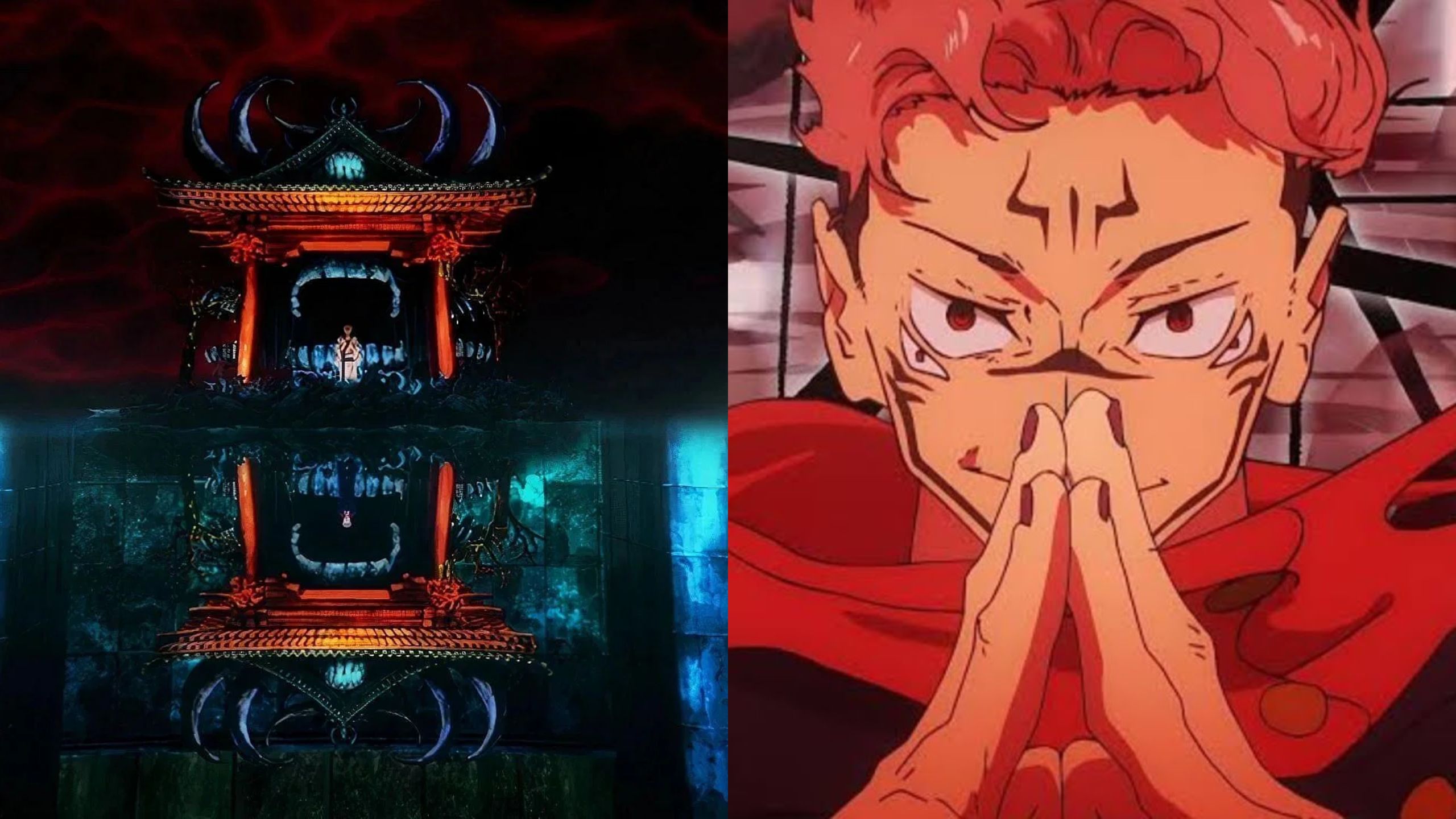
Some have even suggested that the official and fan translations are telling two completely different versions of Jujutsu Kaisen.
While this may be an exaggeration, it underscores the extent to which these translation mistakes can affect the reading experience.
The mistranslation of Mahoraga as Malevolent Shrine is particularly problematic because it involves two of the most powerful and significant elements in the Jujutsu Kaisen universe.
Mahoraga’s role in the story, especially in relation to Fushiguro Megumi, is a critical plot point, and confusing it with Sukuna’s Malevolent Shrine could lead to serious misunderstandings about the characters’ motivations and the direction of the narrative.
Broader Implications for the Jujutsu Kaisen Fandom
The persistent translation issues in Jujutsu Kaisen have broader implications beyond just confusion over specific terms.
For one, they contribute to a growing divide within the fandom. Some fans prefer to rely on fan translations, which are often more accurate and faithful to the original Japanese text, while others stick with the official translations for their accessibility and legitimacy.
This divide can lead to differing interpretations of the story and characters, as well as heated debates within the fandom.
Moreover, the translation errors can also affect the series’ reputation among English-speaking audiences.
As Jujutsu Kaisen continues to grow in popularity, attracting new readers from around the world, the quality of its translation becomes increasingly important.
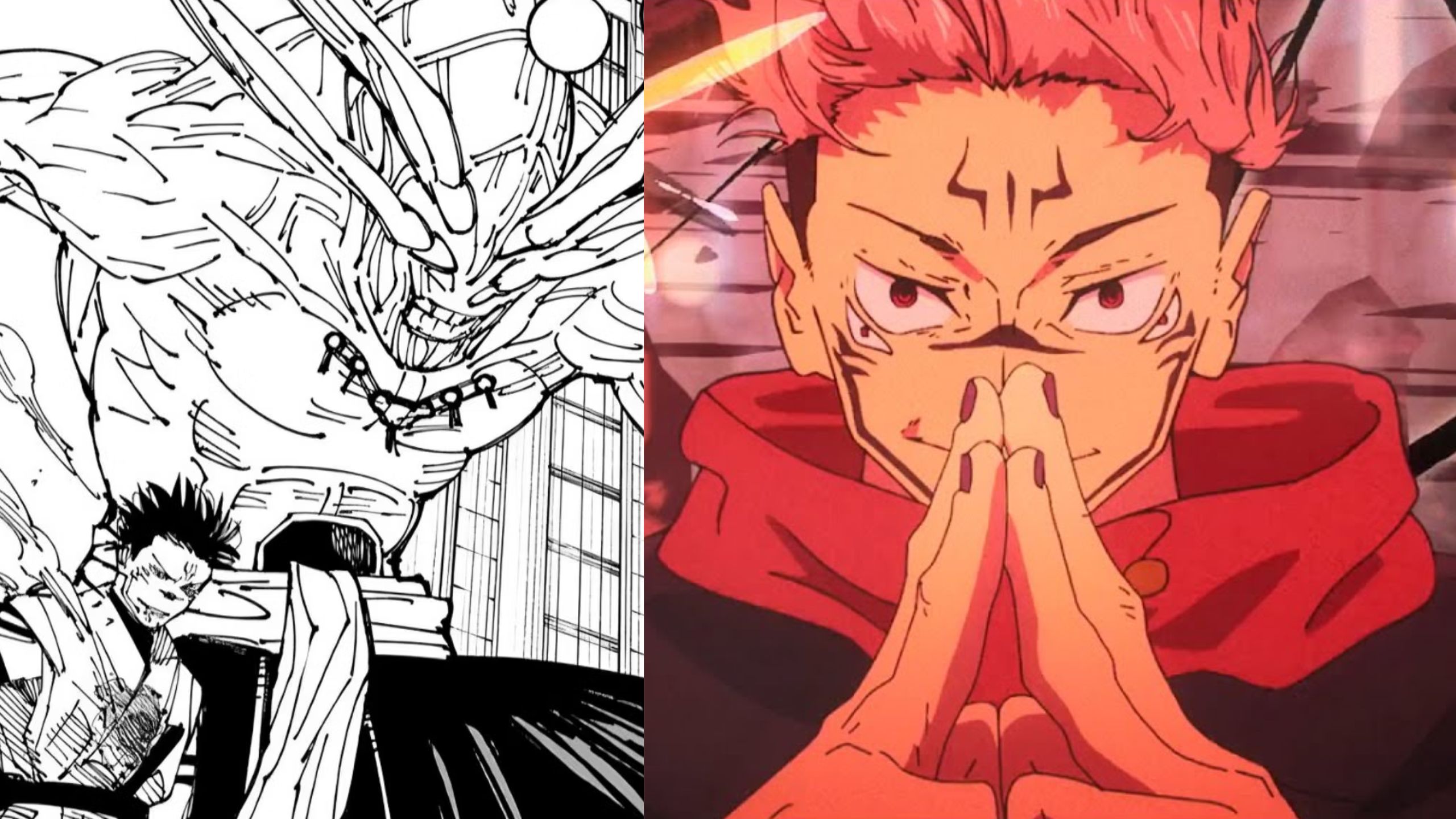
For many readers, the official English translation is their primary way of experiencing the story, and when that translation is flawed, it can diminish their final enjoyment of the series.
The controversy surrounding the Mahoraga-Malevolent Shrine mistake is just one example of how translation errors can impact the perception of a series.
However, it is a particularly striking example because it involves such a fundamental aspect of the Jujutsu Kaisen world.
For long-time fans, these mistakes can be frustrating and disheartening, especially when they occur in critical moments of the story.
Jujutsu Kaisen’s Translation: What Needs to Change?
As Jujutsu Kaisen continues its run, the need for accurate and reliable translation becomes more pressing.
Fans have called on the publishers to take these issues more seriously and to ensure that future chapters are translated with greater care and attention to detail.
Some have suggested that the publishers should work more closely with the series’ original creator, Gege Akutami, to ensure that the translations accurately reflect his intent.
In the meantime, fans have also been turning to fan translations as an alternative.
While these translations are not official, they are often seen as more faithful to the original Japanese text, and they have the added benefit of being more in tune with the series’ fandom.
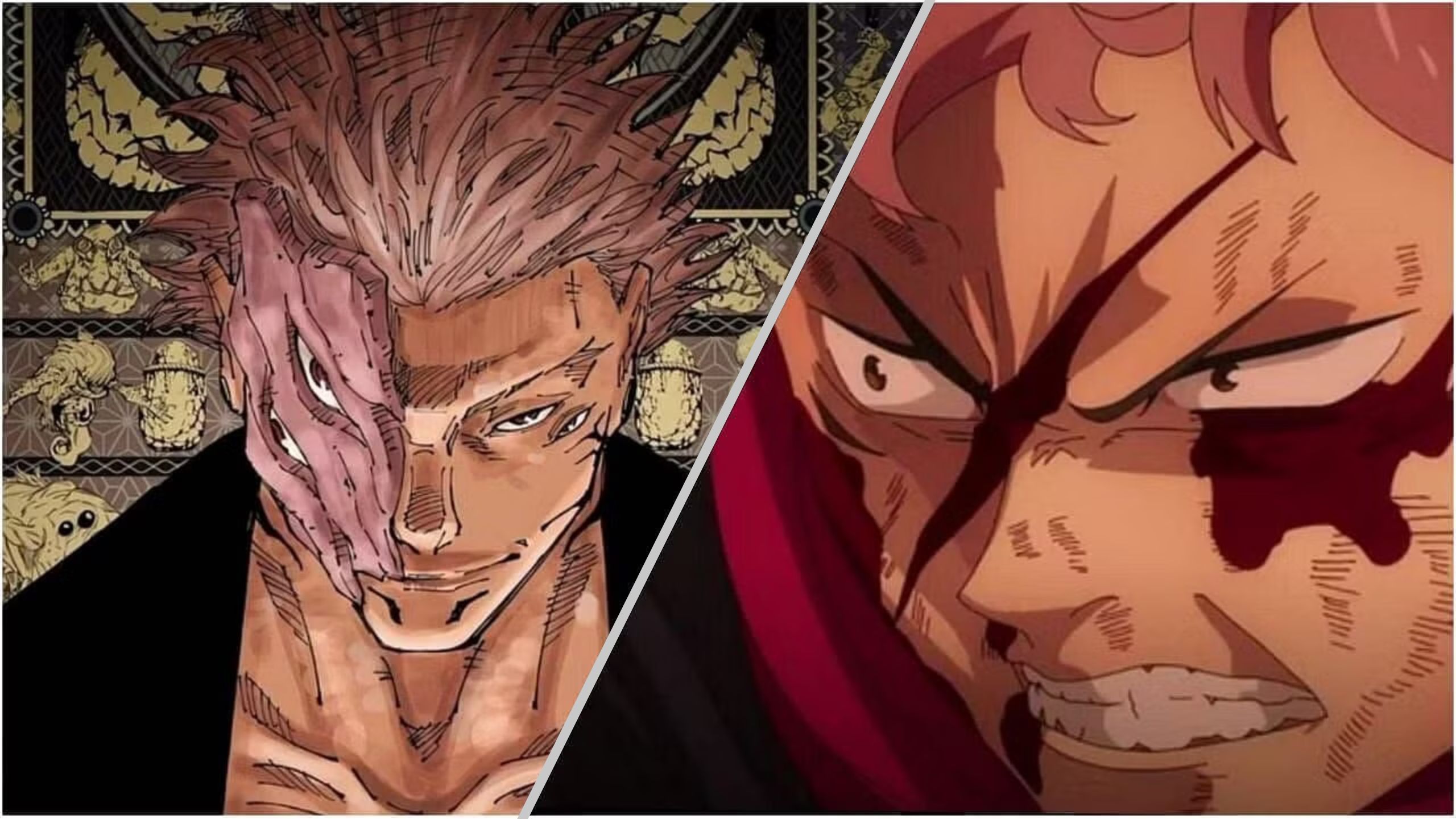
However, relying on fan translations also has its drawbacks, as they can vary in quality and are not always available through legitimate channels.
Ultimately, the ongoing translation issues in Jujutsu Kaisen highlight the importance of high-quality translations in maintaining the integrity of a manga series.
As the series approaches its climax, with major plot developments and character arcs coming to a head, it is crucial that the translation accurately conveys the story’s nuances and complexities.
What’s Next for Jujutsu Kaisen?
Despite the translation controversies, Jujutsu Kaisen remains one of the most popular and beloved manga series in the world.
The series has consistently topped sales charts, and its anime adaptation has introduced the story to an even wider audience.
With a big announcement expected in the last week of August 2024, fans are eagerly speculating about what the future holds for the series.
Whether it’s a sequel, a spin-off, or something entirely new, one thing is certain: Jujutsu Kaisen is far from over.
However, as the series continues to evolve, it is essential that the publishers address the ongoing translation issues to ensure that all fans, regardless of language, can fully appreciate the story that Gege Akutami has crafted.
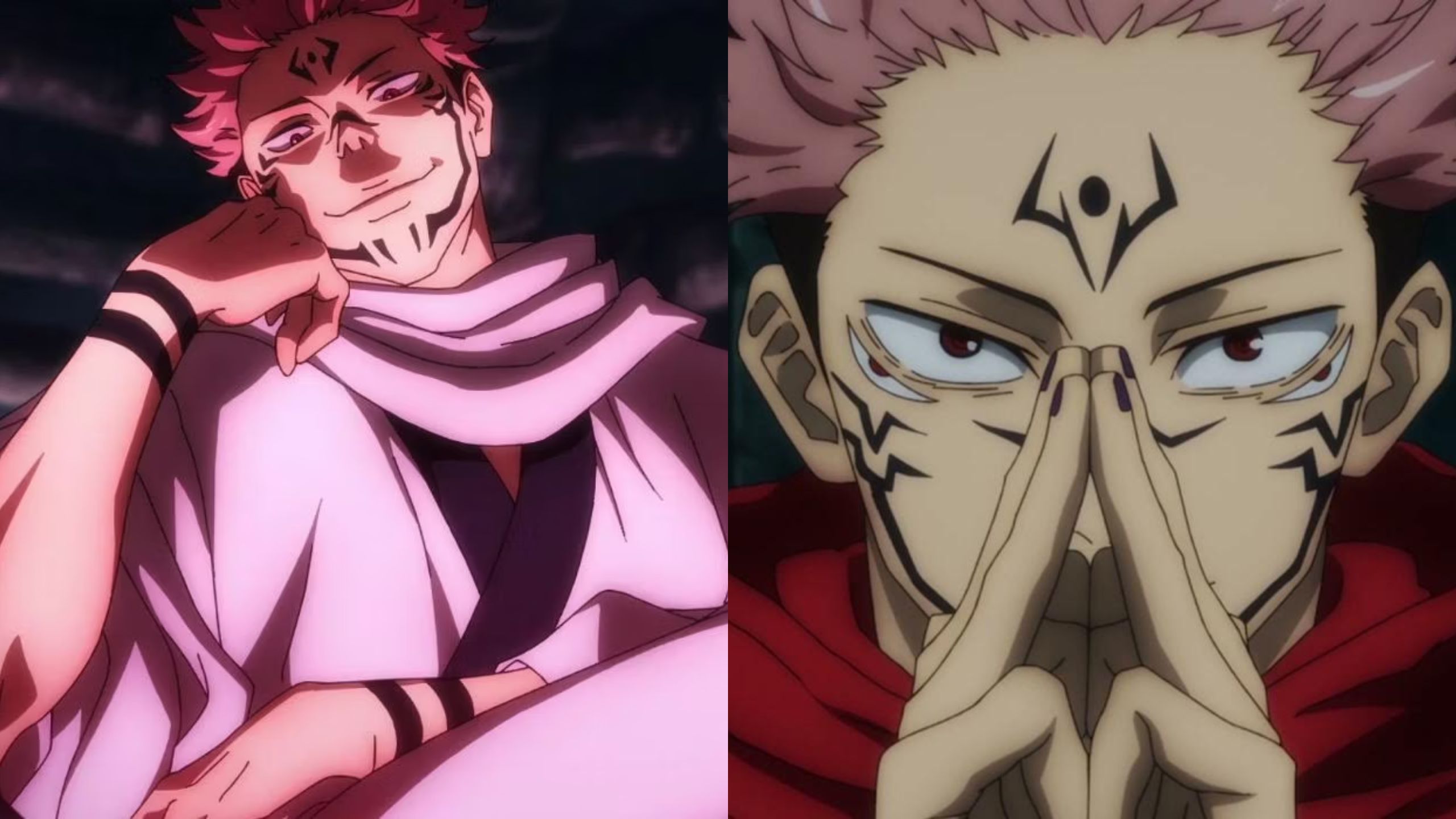
The Mahoraga-Malevolent Shrine translation mishap is just one of many challenges facing the official English translation of Jujutsu Kaisen.
While the series’ popularity shows no signs of waning, these translation errors have the potential to alienate fans and detract from the final experience of the series.
As Jujutsu Kaisen moves forward, it is crucial that these issues are addressed to maintain the series’ reputation and to ensure that all readers can enjoy the story as it was meant to be told.


